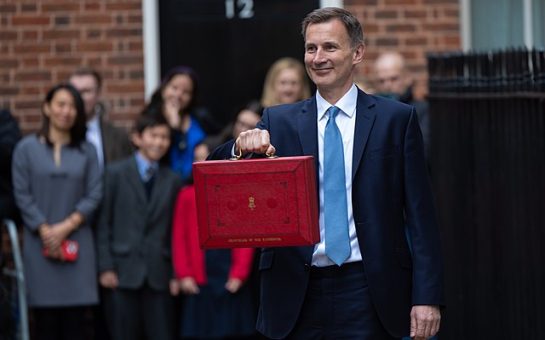A North West MEP has welcomed news that the UK will not push for an opt-out on EU employment protections, but calls for continued vigilance to protect workers’ rights.
Julie Ward MEP claims that the EU Social Chapter prevents citizens from becoming ‘wage slaves’ in ‘poorly regulated environments’ and opting-out gives employers more capacity to exploit British workers.
Prime Minister David Cameron reportedly pushed for an opt-out on EU employment protections as part of the referendum on Britain’s EU membership on renegotiated terms.
But he is instead proffering a flexible approach in the UK’s labour market by challenging the work time directives which provide a limit to the amount of hours employers can request from their staff.
Ms Ward warns that the government have to consider the emotional well-being of workers or otherwise risk losing even more support from the average employee.
“Employment rights and other social protections that are included in the EU Social Chapter are crucially important for today’s modern society where work-life balance and emotional wellbeing is increasingly of concern,” she said.
“It is well known that a happy worker is more productive and loyal, considered to be an asset by enlightened employers, helping to recruit more customers and sustain business.
“We must therefore not allow our citizens to become wage slaves who feel forced to work long hours in poorly regulated environments, often having to do more than one job in order to earn enough money to pay the bills, barely seeing their children.
“Mancunians traditionally have a strong work ethic and a sense of fairness and would not take kindly to seeing their social protection eroded by an unpopular government operating with a small majority comprised of largely privately educated MPs, many of whom have never had to experience the daily struggle of making ends meet.
“Manchester is an international city with a strong sense of solidarity, concerned to share with its European neighbours the positive benefits of EU membership as well as reminding us of the working class struggle that continues worldwide to ensure that workers are treated fairly and with respect.”
There are reports to suggest that the European Parliament will strongly oppose a total opt-out from all EU labour rules in the Prime Minister’s attempts to renegotiate terms in Spain and Portugal this week.
But a spokesperson for Cameron has stated that reports on what changes he will demand for employment regulations are ‘pure speculation’.
However, Glenis Willmott MEP, Labour’s Leader in Europe, believes that despite the slight change in direction, EU membership should be considered as integral for Britain’s workers.
“Any attempts to axe or water down British people’s employment rights through EU opt-outs will make it harder to persuade working people of the importance of our EU membership,” said Ms. Willmott.
“It is thanks to our EU membership that we have major employment rights, including a minimum four weeks’ paid holiday, a right to parental leave, and the same protections for part-time workers as full-time workers.
“Over the coming months those who know that Britain’s membership of the EU is best for Britain must not just address the business case for the EU, but the case for working people as well.”
The EU referendum is said to be planned for 2017 but could be held as early as May 2016.
Image courtesy of Europe and You via YouTube, with thanks.



